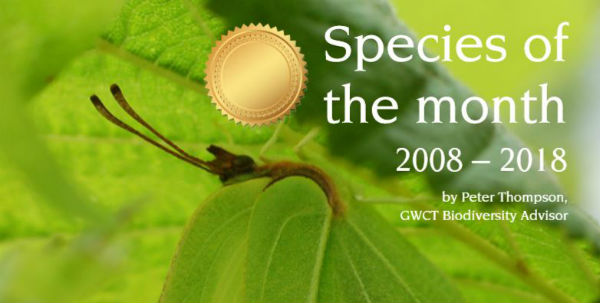Worms
 The worms crawl in and the worms crawl out – but what are they actually doing? Well, worms eat their own weight in organic waste, soil and minerals each day and excrete their own weight in castings daily, which in turn makes compost which enriches the soil. What is more they have been doing this for about 600 million years!
The worms crawl in and the worms crawl out – but what are they actually doing? Well, worms eat their own weight in organic waste, soil and minerals each day and excrete their own weight in castings daily, which in turn makes compost which enriches the soil. What is more they have been doing this for about 600 million years!
Amazingly, there can also be around a million earthworms in just one acre of soil, so in comparison we could happily fit the entire human population of this country into a 70-acre field! This “acre” of worms can eat 10 tons of dead material such as leaves and roots a year, and turn over 40 tons of soil! Not only are the worms doing a great job in clearing up dead matter, but they are also a very important part of the food chain, especially as they are 82% protein! We are all aware of our garden blackbird, beak full of wriggling worms, about to fly off to feed hungry chicks in a nearby nest. But did you know that the earthworm is one of the top items of food for badgers, and that foxes too spend many hours on damp, mild nights, hunting for worms in our grass fields and on our garden lawns.
One important factor to emerge from GWCT research is that traditional ploughing, which turns the soil and its inhabitants upside down, can greatly reduce earthworm numbers and this in turn can affect the soil’s condition, because fields that are tilled by earthworm tunnelling can absorb water at a rate of four to ten times that of fields without worm tunnels. Why is this important? Well, climate change is altering rainfall patterns, which means that rain is falling in shorter, sharper bursts causing more soil erosion leading to increased flooding and river pollution. The economic cost of this is also rising and insurance companies are paying out something like £3 billion a year for flood damage.
In a simple experiment using English mustard (French will just not do the job) scientists are testing the health of some experimental study plots on farmland at our GWCT farm, Loddington, in Leicestershire by counting earthworms. When the scientists sprinkle a diluted mustard and water solution onto the soil this acts as an irritant to the worms, which then wriggle to the surface for counting. The researchers are counting the worms because they believe that healthy soil with an abundant earthworm population could be a key factor in preventing soil erosion, floods, and pollution of rivers.
Charles Darwin, who studied earthworms for 39 years said: "It may be doubted whether there are many other animals in the world which have played so important a part in the history of the world than the earthworm." All those years ago he could see just how important worms were to the world, and that was a long time before modern scientists started chucking English mustard about!
Peter Thompson
Advisory

Download Peter Thompson's essential 26-page book, featuring beautiful photography and detailed profiles of Britain's wildlife
Download FREE >